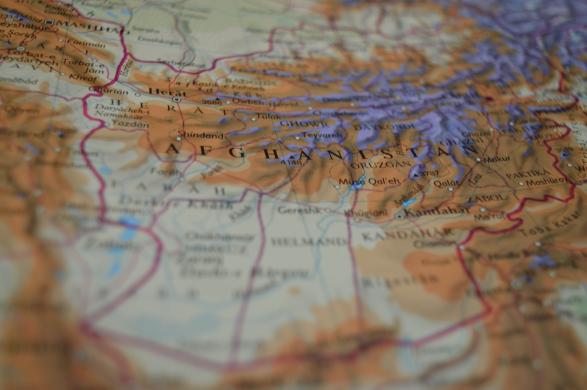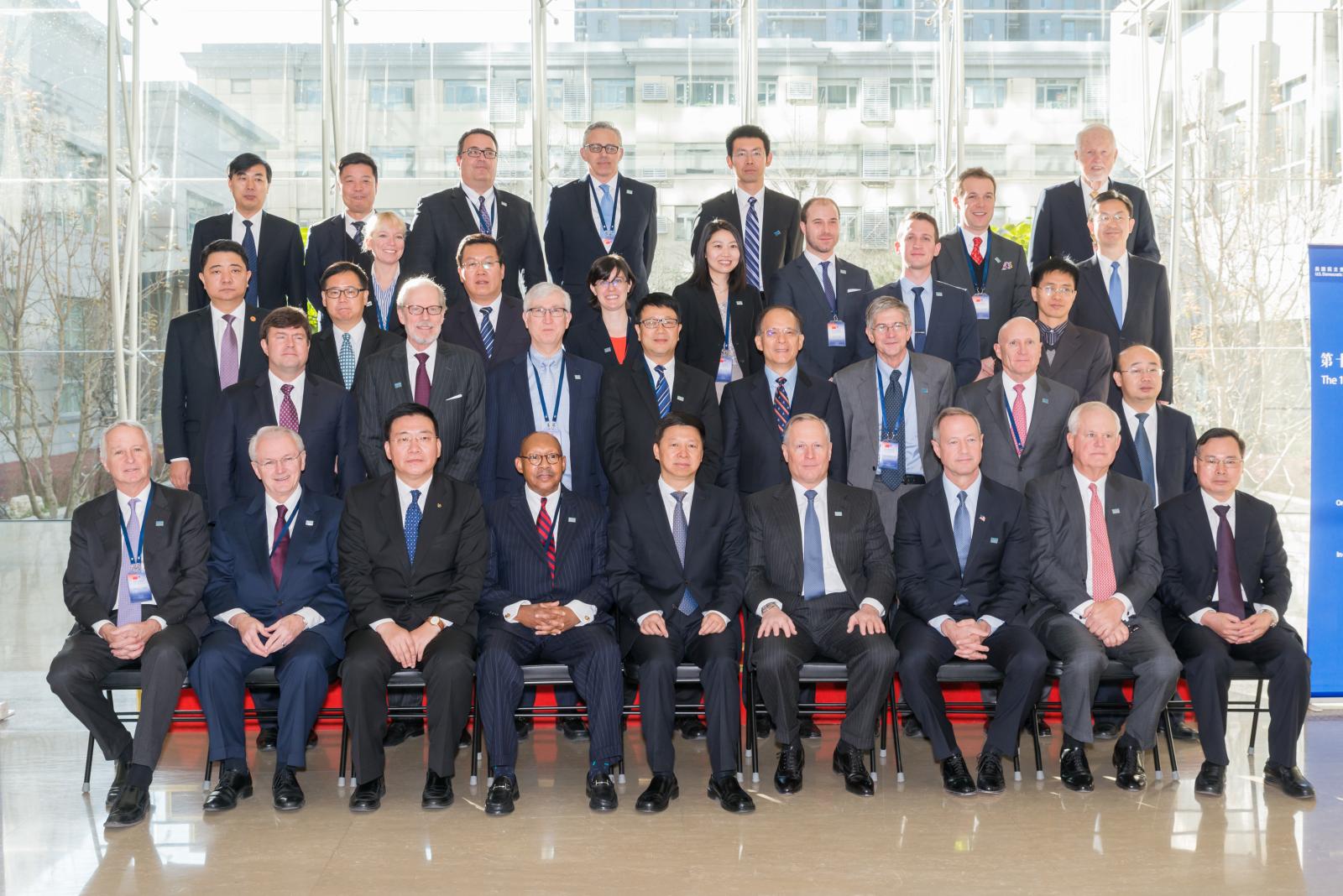Cyberspace Program 2018-2019 Action Agenda
The EastWest Institute's Global Cooperation in Cyberspace program has published its Action Agenda 2018-2019. The Action Agenda reviews the program’s successes during 2016-17 and presents a road map for our work in 2018-19.
During 2018-19, EWI’s cyberspace program will continue to focus on reducing the risk of miscalculation and escalation among major cyber powers, maintaining active engagement with government officials, companies and civil society in China, Europe, India, Russia and the U.S.
Building on important roundtable events such as the first-ever trilateral dialogue on cyberspace between China, India and the United States held in 2017 and the launch of its Encryption Report earlier this year, the program will advocate for policy changes in the private and public sectors.
In 2018-19, the program will advance the work of its five breakthrough groups, including:
- Ubiquitous Encryption and Lawful Government Access
- Resilient Cities and the Internet of Things
- Increasing the Global Availability and Secure Use of ICT Products and Services
- Systemic Risk and Cyber Insurance
- Promoting Norms of Responsible Behavior in Cyberspace
Also, EWI’s cyber program has added two new areas of focus to its agenda: Strategic Stability and Nuclear Risk in the Age of Machine Learning, and Balanced Approaches to Fighting Fake News and Terrorist Content. The former focuses on addressing how artificial intelligence might undermine stability through nuclear commands, while the latter will identify and publish practicable, actionable recommendations to combat fake news.
The EastWest Institute, along with The Hague Centre for Strategic Studies, will continue to serve as the secretariat of the Global Commission on the Stability of Cyberspace (GCSC). The Commission was launched in 2017 as an international, multi-stakeholder forum to evaluate and propose norms and policy initiatives for state and non-state behavior in cyberspace. It released its first proposed norm in November 2017.


